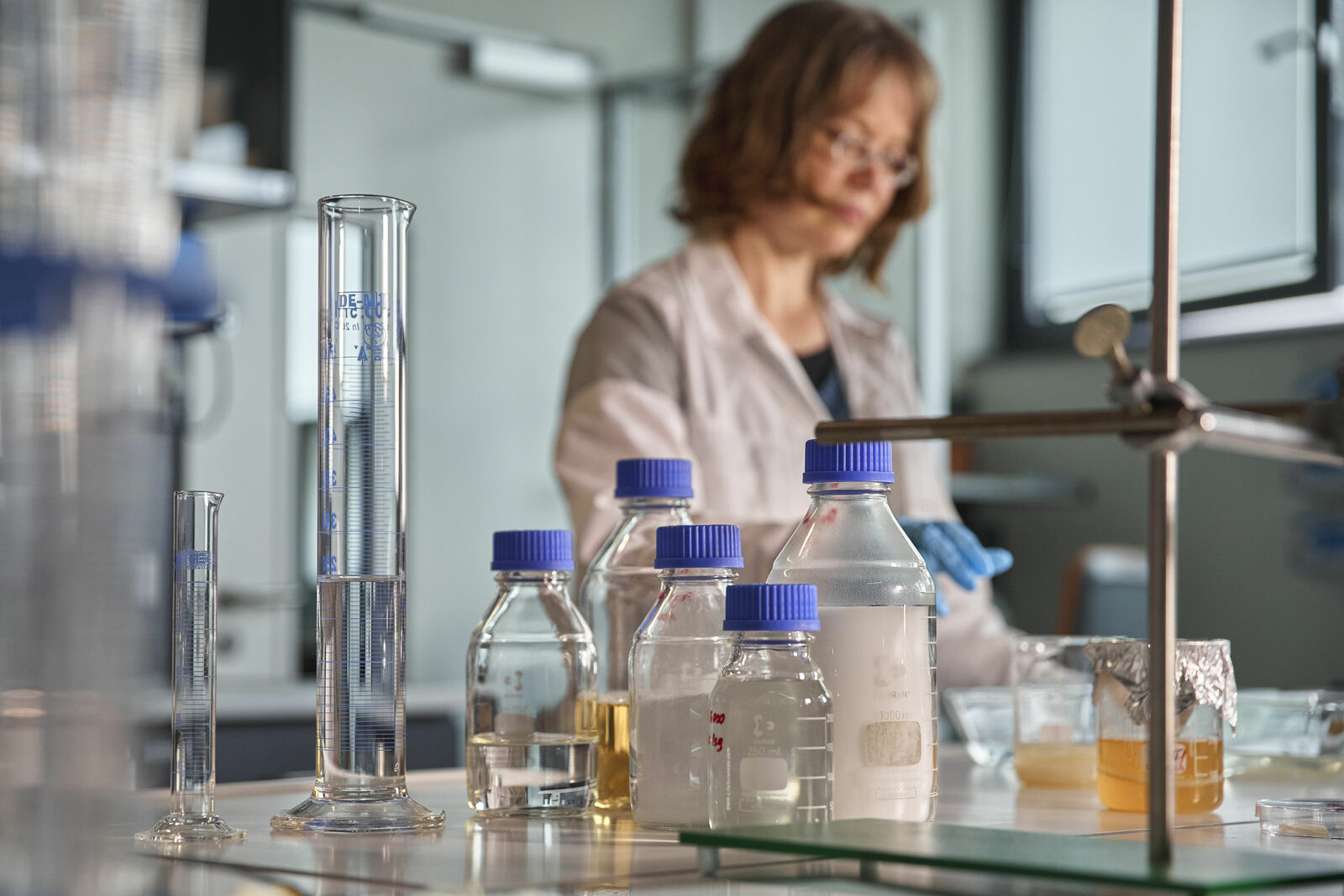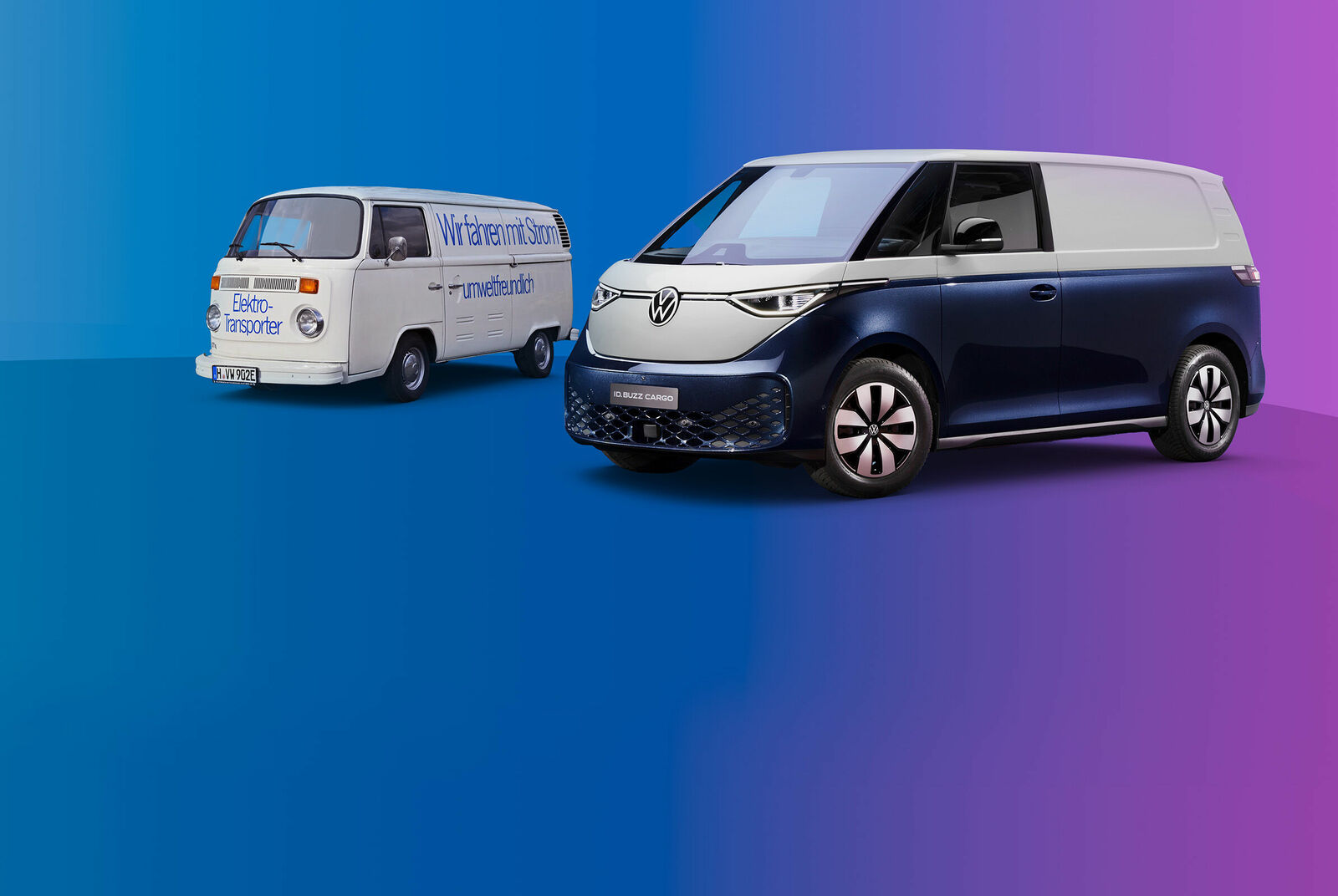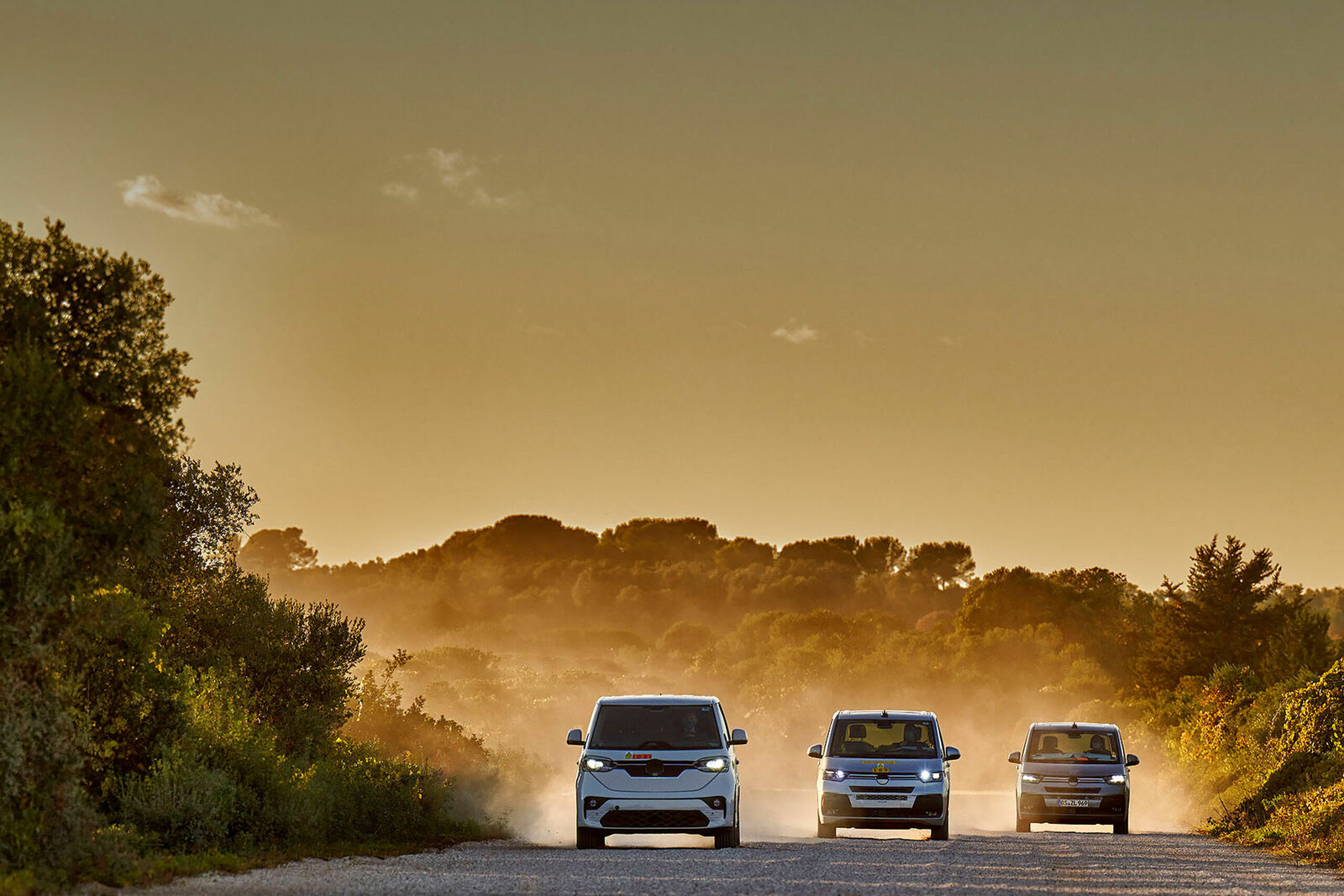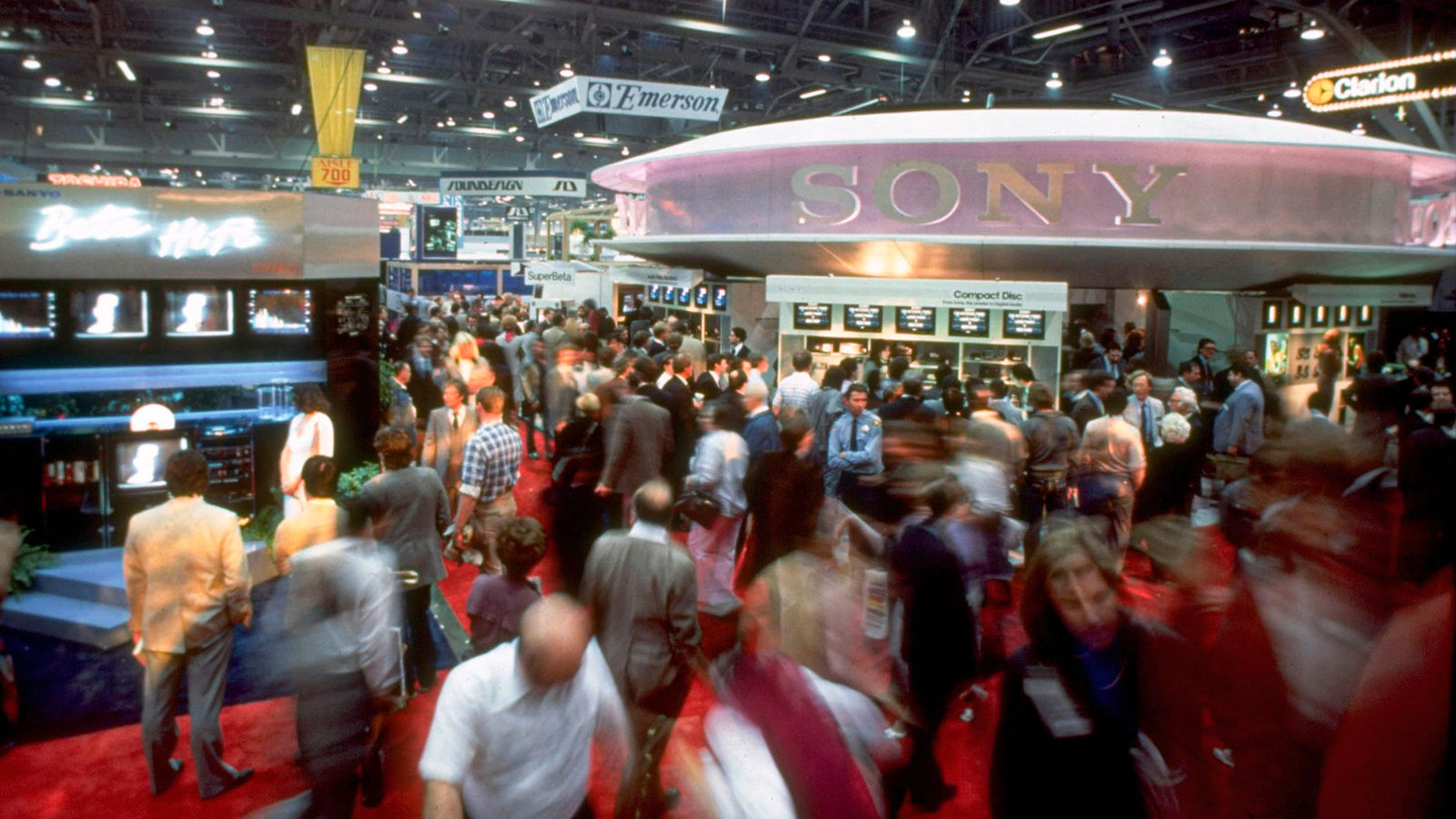Steering wheel covers made from non-animal leather, seat finishes made from cellulose or recycled materials made from plastic bottles: to further advance the production of its vehicles when it comes to sustainability, Volkswagen is being both creative and innovative – particularly when it comes to the models in the all-electric ID. family. Aiming to further reduce their ecological footprint, VW is researching various promising approaches and implementing them in series production. One focus area here is using non-animal and recycled materials in the interior. The well-established and often only alternative to date was imitation leather, which is predominantly based on plastics made of mineral oil, such as polyurethane or PVC. So, during a brainstorming session held by the team for biomaterials at Volkswagen Group Innovation, the idea of coffee leather was formed, since when the beans are roasted, the silver skin surrounding the coffee bean ends up being a residual material. The silver skins are a perfect filler for imitation leather. The substance builds up dried, and in a format very well suited for further processing. The non-animal imitation leather with its high proportion of biological materials could soon be used for car seats and arm rests in prototypes. “There is huge potential, and this could be one of the next steps for further optimising the ecological footprint of our ID. electric fleet,” says Dr. Martina Gottschling, a Volkswagen Group Innovation researcher. ID. Buzz01 is a pioneer when it comes to sustainable materials Volkswagen already uses many innovative materials in the interior of the ID. Buzz, and now these will be gradually introduced to the other models in the ID. family. …



